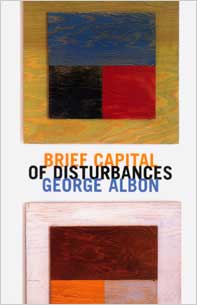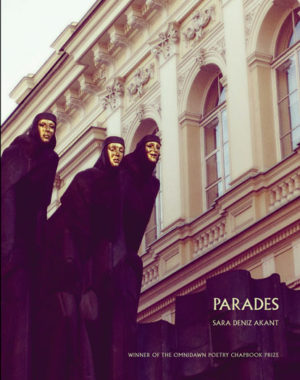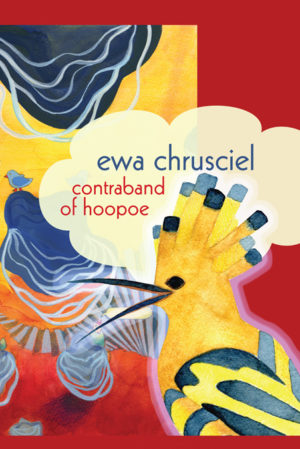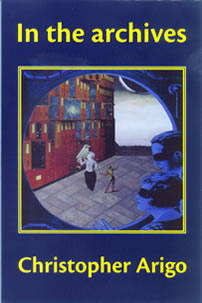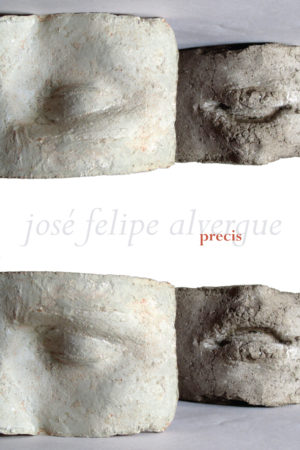Description
Inspired initially by the journals of Roland Barthes (and by the cahier tradition in general), George Albon uses the sentence and short paragraph as subtly syncopated listening devices, sounding for meticulously intimate and often surprisingly revelatory details of the daily encounters that comprise urban living. Relative to the prose poem and the journal entry, these passages pass through such distinctions as true amphibians—breathing a new vigor into whatever medium one might place them. With such formal fluidity, Albon’s sentences shift the fulcrum between language and experience, subtly tempering the resistance so as to move, with his exacting articulations, beyond the exactingly referential. Faithful to the intuitive surprise and shock of each moment’s aliveness, and attuned to experience as a kind of wordless address, Albon repeatedly enlarges the parameters of what language can encompass and communicate.
Two strands of notation. They do not move in parallel or against one another, but mark a space of complexity, of betweens. In the tension of this space, “the contours of ‘strange’ settle over an awareness” and “structure becomes direction.
Rosmarie Waldrop
The language of imagined revelation which these perceptions shape and unfold is truly extraordinary. It makes for a disquieting silence, an innocence of expression both startling and familiar, which unsettles and thus transforms our vision of the world. It is this visionary territory George Albon moves us into at the moment and the after moment of experience, as if there were almost no transitional space between the two, as if we had no choice but to be stilled in our own reflection upon it. He is one of the most singularly astonishing poets writing today.
Benjamin Hollander
Hypnotic, suggestive, transient and trance-like, there is an enduring narrative here that harks back to some distant past and hovers over a present already pitched too far into the future for us to grasp: obstinate, obdurate, attainable but in the telling of it.
Ammiel Alcalay
About the Author
Reviews
Excerpt
George Albon’s books include Empire Life (Littoral Books, 1998) and Thousands Count Out Loud (lyric&, 2000). His essay “The Paradise of Meaning” was the George Oppen Memorial Lecture for 2002. He is also a guitarist and songwriter, and has written articles on modern music for Shuffle Boil magazine. He lives in San Francisco and has worked at Green Apple Books on Clement Street as a used book buyer for about 12 years.
With its keen observations, spare style, and thoughtful use of understated formal strategies, this new book is very much of a piece with Albon’s previous works…. Though Brief Capital of Disturbances is stylistically plural, and blends the notational with the anecdotal, the journalistic with the diaristic, the overall tone is decidedly personal…. Thematically the work is also wide-ranging, with threads related to nature, aesthetics, politics, and sex, among other things, and this range brings depth to the work.
Guy Bennett, The New Review of Literature
The poetry in George Albon’s Brief Capital of Disturbances deals with states of being. The majority of the poems are crafted like moments, snapshots chronicling the ways in which humans understand and cope with time. They are candid still-lifes ambling on, transitioning from instance to instance in a cerebral re-creation of life.
Albon’s primary achievement, however, is not necessarily the coining of new words, but the suggestion that we accumulate the images he offers not through a continuum of time, but rather across a moment revealing how difficult such a task is. Writing in the strictest sense can’t produce such an effect, but its evocation and presence as a poetic ideal fuels the poems here and asks what few books can: that we leave the space of the book in order to define and experience the book’s gravity
There’s something about the book I’m reading—about the cadences? the vocabulary?—that puts me in a narrative outside of it, between the lines as it were, a scene where I’m following a snow-choked trail down to the start of a forest and the promise of a stream I can cross, closing in on my destination. This deflection into rogue narrative never fails to occur. The scene the words are trying to pitch has no relation to what is happening with me on my trail of snow, and what seem like implications of the trail. The book is in some way then unreadable, is unavailable to me. If I continued to the end, would the destination also extend?
The produce of plants yielded the top of objects: lopped, pulled, plucked. The growing came up to the surface, realm of the angleworm, the insect (“to cut into”), the beak, the craw. Rain for blind. Further relations uncertain.
To find this North pole.
The last thing the sun’s rays shone on tonight was already yellow and bright, a sign coated with reflecting gloss at the T-juncture. In the dull matte of the surrounding woods and roadway this double illumination pierced the late afternoon, a sign on fire.
The first generations posing with the trees: with the trees on their side, still taller than they, or, trees still standing, with them crouched or lying inside the wedge they’d just hacked into the trunk, a wedge as big as the cow-catcher in front of a locomotive. Posing as though they’d killed a whale, which in a sense they had. Sense of this new encounter—of a kind unknown from countries of origin—a sudden, exhilarated contending with things that are massive.
On the way back from seeing where she lived I look down at my feet and the jets of clear water shooting along the gutter—their version of street cleaning. From the water I look up at the kids just free from that day’s school, socializing while running.
Frontier name of ocean,
we mishearing they,
structure become direction.
Schnittke’s Klingende Buchstaben, for solo cello, ending with a soft jag scrunching up the fingerboard, losing firm timbre, skating and disintonation taking over, a scrawl and a plea.

